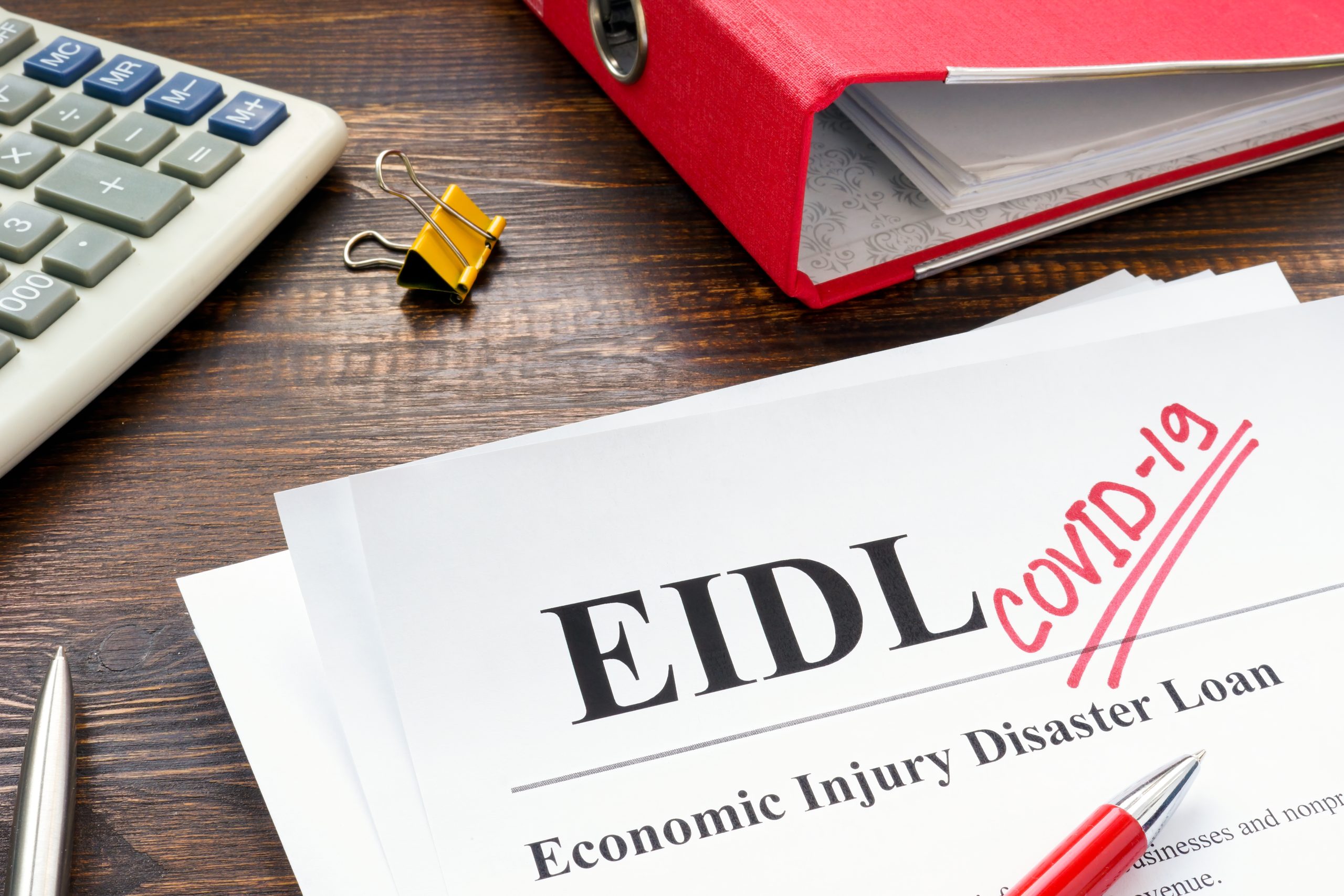
Before we respond as to whether Economic Injury Disaster Loans (EIDL) are taxable in New Jersey, let’s begin by defining what an EIDL is, its purpose, how it is used, and who is eligible to apply for them.
Economic Injury Disaster Loans (EIDL) are made available through the Small Business Administration (SBA), and are the primary way for small businesses to secure federal disaster relief funding to deal with private sector disaster losses. This is the only program of its sort for SBA assistance that is not solely limited to small businesses.
Although the EIDL program is currently able to provide up to $2 million of financial assistance to small businesses that have sustained severe economic hardship, such as during the COVID-19 pandemic, or other declared disasters, actual loan amounts are calculated and based on the amount of economic injury to a specific business.
An EIDL is intended to assist small businesses in meeting their financial obligations by providing them relief from the economic injury that they would not have otherwise incurred had there not been a disaster. Even though an EIDL is not meant to help businesses recover from lost sales or revenues that could not be generated during the pandemic, it enables businesses to keep a moderate amount of working capital during the period that they have been affected by the disaster. Loan funds can be used for any typical business operating expenses, including payroll, equipment purchases, and paying a debt. Furthermore, COVID-19 EIDL funds can now be used to repay commercial debt and make payments on federal business debt.
As an additional benefit to small business owners, because there is no clear sign of immediate relief from the pandemic, the SBA has implemented a deferred payment period, whereby small business owners do not have to start paying back their loans until two years after loan origination, helping to ensure that they remain focused on staying afloat by keeping their doors open for business without the stress or worry of having to pay back their loans while dealing with the added hardship brought about by the pandemic.
In regards to whether EIDLs are taxable in New Jersey, because they are not forgivable, meaning that all borrowers must repay the loan’s principal and interest in full, it is not considered income, so it is not taxable and does not have to be reported as taxable business income on a tax return. However, borrowers can typically utilize the interest that they paid on the loan as a business tax deduction, further noting that the same tax deduction rules apply to COVID-19 and non-COVID-19 EIDLs alike for businesses located in declared disaster areas.
Still, have questions about Economic Injury Disaster Loans and tax deductions for your business? Tsamutalis & Company LLC will work with you throughout the year to ensure compliance with tax laws and regulations while also maximizing your profits. Contact us to learn more about what it’s like to work with our team for your New Jersey small business accounting and tax needs.




Leave a Reply